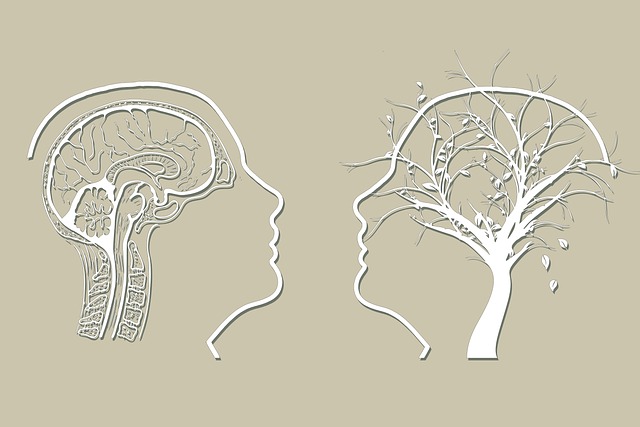Crisis Intervention Team (CIT) training equips professionals with specialized skills to support adults who have experienced sexual abuse, going beyond traditional therapy. This approach emphasizes early intervention, mental health awareness, and community-based support. Training includes social skills development, cultural competency for healthcare providers, and emotional healing techniques like journaling. By fostering effective communication, building trust, and providing tailored care, CIT training enhances the therapeutic experience for survivors, helping them process trauma, regain control, and facilitate recovery.
Crisis intervention team (CIT) training programs are vital resources for fostering effective support networks, especially for adults facing sexual abuse. This article explores CIT training, delving into its core components and the profound impact it has on survivors’ lives. We discuss the integral role of therapy in empowering adult sexual abuse survivors, providing them with the tools to navigate crisis and heal. Additionally, we highlight practical strategies that CIT teams can employ for swift and compassionate intervention.
- Understanding Crisis Intervention Team Training Programs
- The Role of Therapy in Supporting Adult Sexual Abuse Survivors
- Effective Strategies for Crisis Intervention Teams
Understanding Crisis Intervention Team Training Programs

Crisis Intervention Team (CIT) training programs are designed to equip individuals with the necessary skills to respond effectively during a crisis situation, especially when dealing with adults who have experienced sexual abuse. These specialized courses go beyond traditional therapy for adults sexual abuse survivors by focusing on early intervention and community support.
Through comprehensive CIT training, participants gain knowledge about mental health awareness, including recognizing signs of distress and understanding the complex trauma associated with sexual abuse. Moreover, these programs emphasize social skills training, crucial for building trust and facilitating open communication with survivors. Healthcare provider cultural competency training is also integrated to ensure sensitive and inclusive support, addressing the diverse needs of those affected by such traumatic events.
The Role of Therapy in Supporting Adult Sexual Abuse Survivors

The role of therapy in supporting adult sexual abuse survivors is indispensable. It provides a safe space for them to process their traumatic experiences and develop coping mechanisms that promote emotional well-being. Through specialized therapy sessions, survivors can explore complex feelings like shame, guilt, and fear, which are often ingrained as a result of the abuse. Therapists skilled in crisis intervention guidance employ evidence-based techniques tailored to address the unique needs of adult sexual abuse survivors. These strategies not only help them regain a sense of control but also facilitate their journey towards healing and recovery.
Effective therapy for adults sexual abuse survivors involves risk management planning for mental health professionals. By integrating emotional well-being promotion techniques, therapists can create a supportive environment that encourages open communication. This holistic approach ensures that survivors receive the comprehensive care they need to navigate the aftermath of trauma and rebuild their lives.
Effective Strategies for Crisis Intervention Teams

Effective crisis intervention team training programs go beyond basic first-aid responses and incorporate a multi-faceted approach to address complex emotional needs. For teams working with adults who have experienced sexual abuse, specialized strategies are essential. One key component is mental wellness journaling exercises that encourage survivors to process their experiences, express emotions, and track progress towards healing. This practice empowers individuals to take an active role in their emotional healing processes, fostering a sense of control and agency.
Additionally, training should emphasize social skills development and group dynamics. Social skills training helps crisis intervention teams communicate effectively with survivors, build rapport, and create safe spaces for sharing. By facilitating these interactions, teams can enhance the overall therapeutic experience, ensuring that each member receives the guidance needed to navigate challenging situations sensitively and competently.
Crisis intervention team training programs play a vital role in equipping professionals to support adult sexual abuse survivors. By understanding the unique challenges these individuals face and employing effective strategies, such as those rooted in therapy for adults sexual abuse survivors, we can foster more compassionate and impactful responses during crises. These programs are essential steps towards creating a safer and more supportive environment for those who have experienced trauma.














